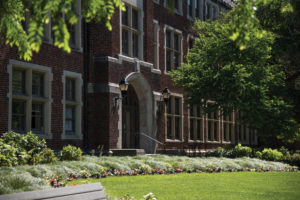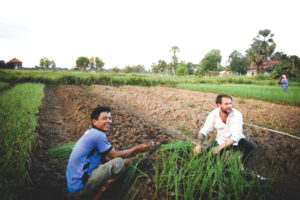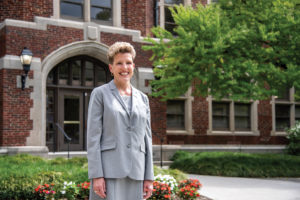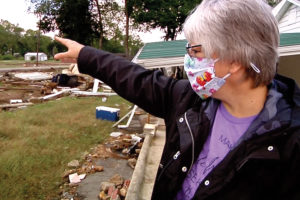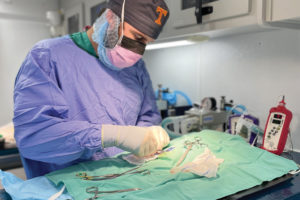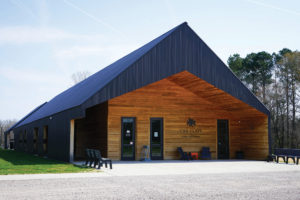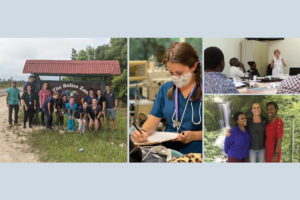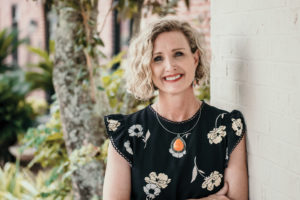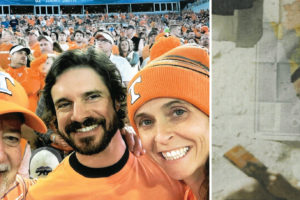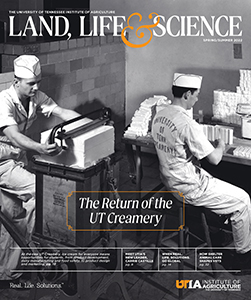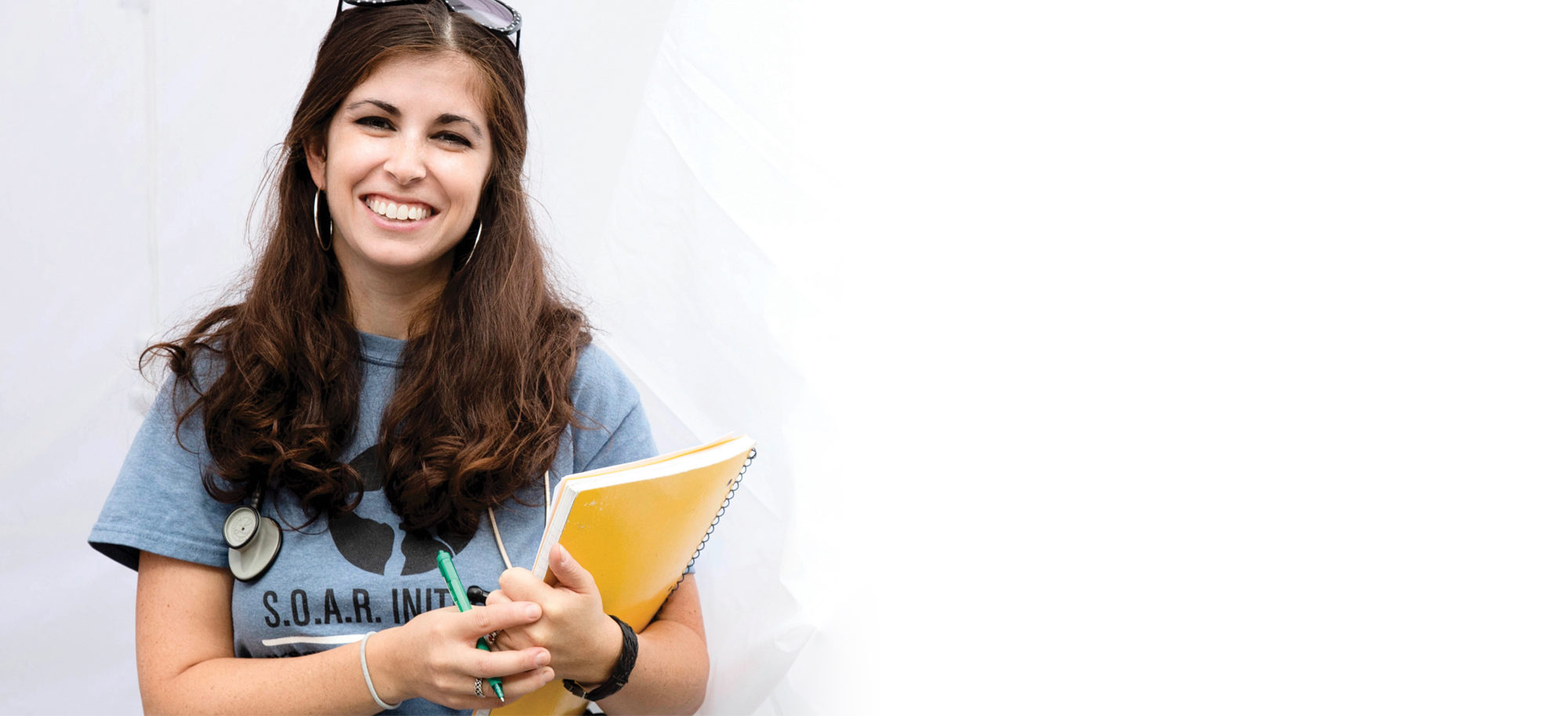
Veterinarian, humanitarian, writer, advocate, One Health promoter Leslie Sadeghi Brooks (BS animal science ’08, MS public health ’11, DVM ’12) has worn several hats since graduation. In August 2021, she added another, Science and Technology Policy Fellow with the American Association for the Advancement of Science (AAAS). AAAS is an international nonprofit organization dedicated to advancing science around the world for the benefit of all people. Brooks has been placed with the United States Agency for International Development’s (USAID) Office of Technical and Program Quality within the Bureau for Humanitarian Assistance.
There she is working under the guidance of and with the livestock advisors team.
Brooks explains she provides “guidance and oversight to a variety of global humanitarian programs, as well as program management of operational research projects to enhance best practices.” While collaborating with a variety of stakeholders, she develops research projects, participates in working groups to enhance USAID policies and practices, and promotes a One Health approach to solving problems.
Because of the topics and extracurricular experiences she was exposed to as an undergraduate, such as alternative spring breaks, a medical mission trip to Honduras, and poultry flock health training in Guatemala, Brooks’s interest and engagement in international affairs, politics, and the importance of public health bloomed into a passion. The dual master of public health/doctor of veterinary medicine program at UT intrigued her. “While the concept of One Health was still slowly growing in recognition, I began to understand its importance everywhere. I saw a greater purpose in studying animals in order to understand how they can help humans and how we can more safely interact and utilize them to not cause
harm to human health, while also protecting their well-being.”
After earning her veterinary degree, Brooks became interested in engaging in policy, science writing, and science communication through her involvement with the nonprofit Street Outreach Animal Response (SOAR) Initiative in Indianapolis that she helped grow. While participating in a UTCVM veterinary social work conference a few years ago where she spoke about the initiative, she attended a lecture by an economist who discussed benefit cliffs and other policy issues concerning those on welfare. “I saw so many parallels to the barriers and problems many of my clients were facing.
I wanted to become a bridge between people making policy decisions and those on the ground who are being affected by those decisions and their repercussions, and often unintended consequences.”
According to Brooks, the hidden gems that don’t usually require high costs had the biggest and most long-term impacts on her career as a veterinarian. “UTCVM provided, and still provides, the unique opportunities and research that have guided my career trajectory. While the academics and medical learning were important to me becoming a competent vet, it was the other courses that weren’t required that inspired me in the role of a veterinarian and that really shaped who I am today, how I got to where I am, and are shaping my future path.”
Just as with Brooks, the College’s outreach programs, including Human-Animal Bond in Tennessee (HABIT), Veterinary Social Work, and the Companion Animal Initiative of Tennessee (CAIT), continue to impact the lives of veterinary students, sometimes in unexpected ways.
Explore More on
Great Grads
MORE FROM THIS ISSUE

